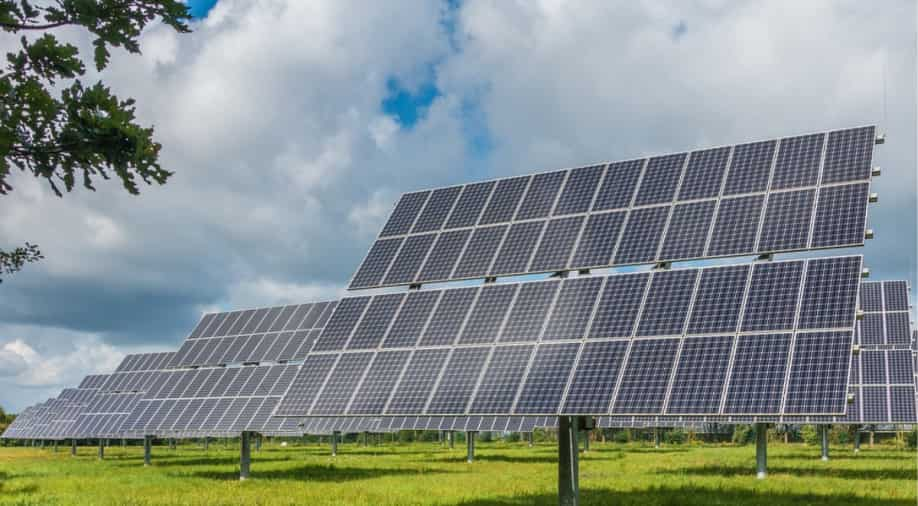British Army used solar panels manufactured using forced labour in China: Report
Story highlights
The production of solar panels has been linked to the alleged exploitation of Uyghur Muslims in China's Xinjiang region
The solar panels used by the British were made by companies which apparently had a "very high" exposure to forced labour in China, according to the BBC.
In China's Xinjiang region, the production of solar panels has been linked to Uyghur Muslims' alleged exploitation.
Around £200 million is being invested by the British army in solar panels throughout the four of its sites. While responding to the BBC Freedom of Information request, the companies JA Solar, Trina and Qcells were listed by the Ministry of Defence as the solar panel suppliers.
This year, a report published by the UK's Sheffield Hallam University in July flagged the three companies as having "very high" exposure to the production with the use of forced labour in Xinjiang.
Speaking to the BBC, JA Solar and Qcells said that some actions were taken by them to ensure that forced labour was not a part of their supply chains.
Speaking to BBC, a spokesperson of the Ministry of Defence said, "We have robust procedures in place that allow us to vet and routinely monitor all aspects of our supply chain which is kept under constant review."
trending now
Lack of transparency in supply chain
However, one of the authors who wrote the Sheffield Hallam report, Alan Crawford, said that he had gone through the list of companies obtained by the BBC and added that he feels his findings still stood.
Crawford, who is a chemical engineer and has experience in supplier identification, said that big solar firms were not likely to purchase components which they knew were the products of forced labour.
He added that there was a "lack of transparency" in the supply chain because of which some firms had to "hide behind" their "anti-slavery declarations", as reported by BBC.
Watch: Floating an energy idea: Scientists install 400 floating solar panels
United Kingdom's Prime Minister Rishi Sunak has been facing appeals to take a harder line against China and to end the reliance of the UK on solar production from the country.
Senior Conservative MP Alicia Kearns has been appealing to the UK government to "sanction and [impose] a ban on any solar company with links to Uyghur forced labour from operating in the UK".
The Chinese government has been accused by the United States of arbitrarily detaining more than one million Uyghurs and other Muslim minorities in Xinjiang prison camps.
As per the state-sponsored programmes, goods like polysilicon are forcefully produced by the detainees. Polysilicon is a core ingredient in solar panels, as per the US Department of Labour.
(With inputs from agencies)

















